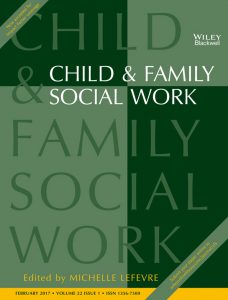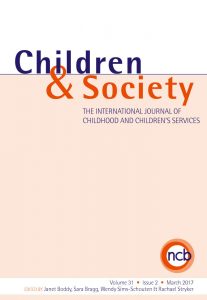Commodification of Life's Necessities
By rbobbitt

Considered to be one of the driest regions in the world, Quillagua, Chile sees very little rainfall and depends heavily on the local river to provide the sustenance needed in order to survive. However, this has drastically changed due to the privatization of water by local mining companies, private businesses, and large agribusinesses. This has left but a trickle of water for residents to use, with what is left over being heavily polluted. Entire towns are being left without water, as the population dwindles downward as people move to different areas where they have better access to basic needs.
This commodification of the environment has been clearly articulated by Karl Polanyi in his seminal work The Great Transformation. Polanyi develops the notion of fictitious commodities, where the human body, the environment, and labor are commodified into entities that may be freely bought and sold. According to Polanyi, this is a necessary development in order to have a truly free market. However, this commodification is based on a false premise, that in the case of Chile, the land may be owned and treated as a product of man. In actuality land is simply another name for nature – something human beings cannot truly own and call a product of themselves.
![]() New York Times Article on privatization of water in Chile
New York Times Article on privatization of water in Chile




1099-0860/asset/NCB_logo.gif?v=1&s=40edfd0d901b2daf894ae7a3b2371eabd628edef)

There are many competing perspectives on land and nature–some commercialized and some not. Thanks for introducing one of the perspectives here.
Keri